There is also a plan with an airline ticket.
Yuwaeru: Delivering natural and healthy food to modern people in Kuramae
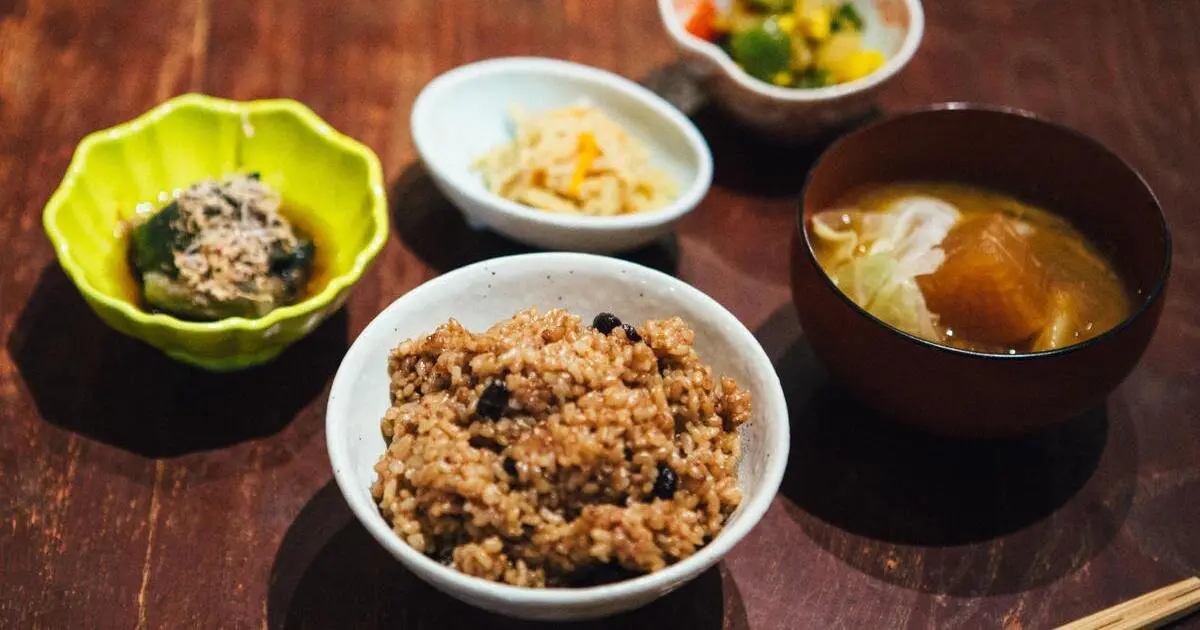
--With the motto of "binding Japan's traditional lifestyle culture with the modern age," please tell us about what Yuwaeru does.
(Yoshitaka Ogino, CEO of "Yuwaeru") In Japanese cuisine, since ancient times the concept of "ichiju ni/san-sai" (one soup, two/three dishes) has existed, and is still considered as the "foundation of a meal". Sushi, grilled meats, ramen and sweets on the other hand are considered "pleasure foods". Here, at my restaurant we advocate a "balanced lifestyle with Nekase Genmai (brown rice)" mixing both types of food. Nekase Genmai is made using a technique that we have developed ourselves, which makes chewy and delicious rice. We have developed products that include packaged pre-prepared brown rice and brown rice specifically for curry. Starting with opening the two shops "Yuwaeru" and "Iroha" we also run online shops and workshops.
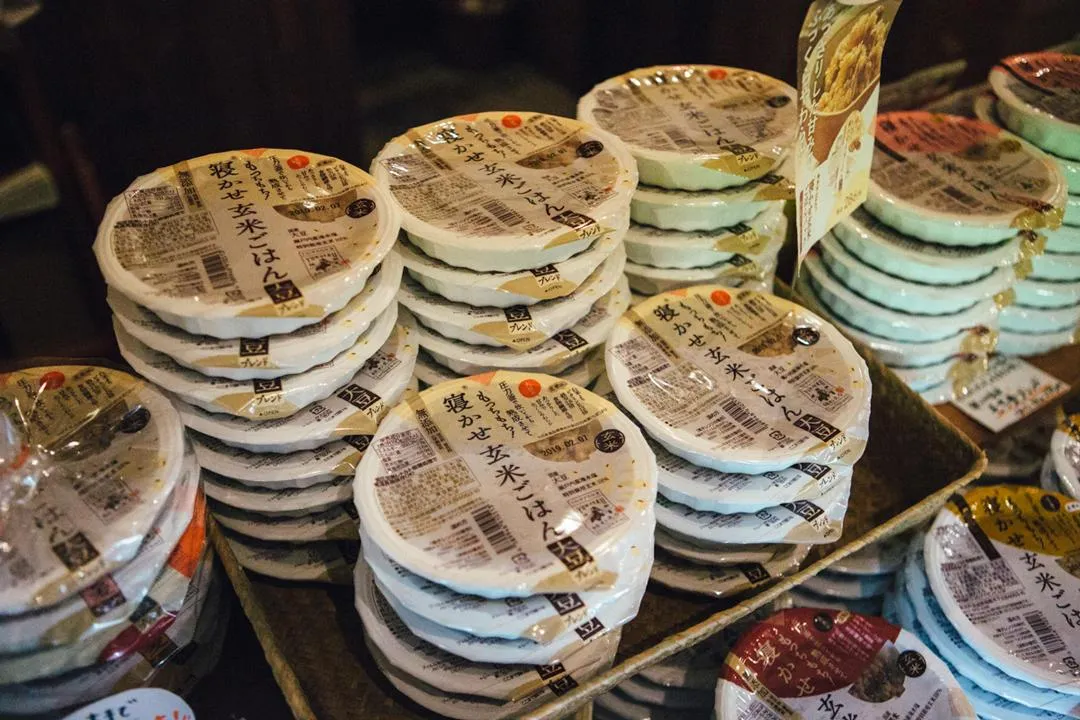
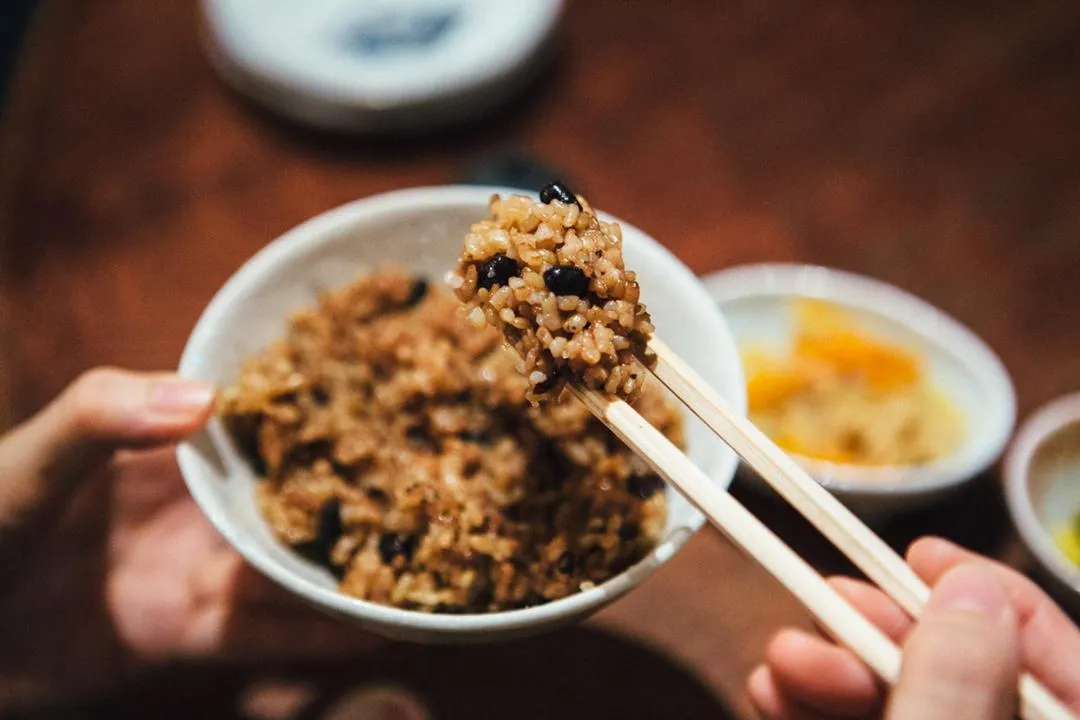
--What were the details of how all this started?
I was a regular company employee until I started Yuwaeru. My job was to use the power of consulting for matters related to Japan's traditional industries and agriculture. My job was to assist things that were in danger of dying out throughout Japan and adapt them to the modern age. Doing business with people from miso and soy sauce breweries that had maintained top quality for generations, I also had the chance to meet people who had adopted special diets that revolved around such foods. I was moved when I saw with my own eyes how quickly these special diets helped people who had been plagued with lifestyle diseases and skin allergies. It was a major point that led me to my current work.
Special diets appear quite stoic, as it is mostly about saying no and self-denial. The recommended diet of brown rice and vegetables is also rigid and unappetizing. It may be a solution to correcting the truly terrible situation of modern food, but I began to doubt whether it was right for everyone. I began to study about these special diets alongside my consulting job and what I came up with was Nekase Genmai.
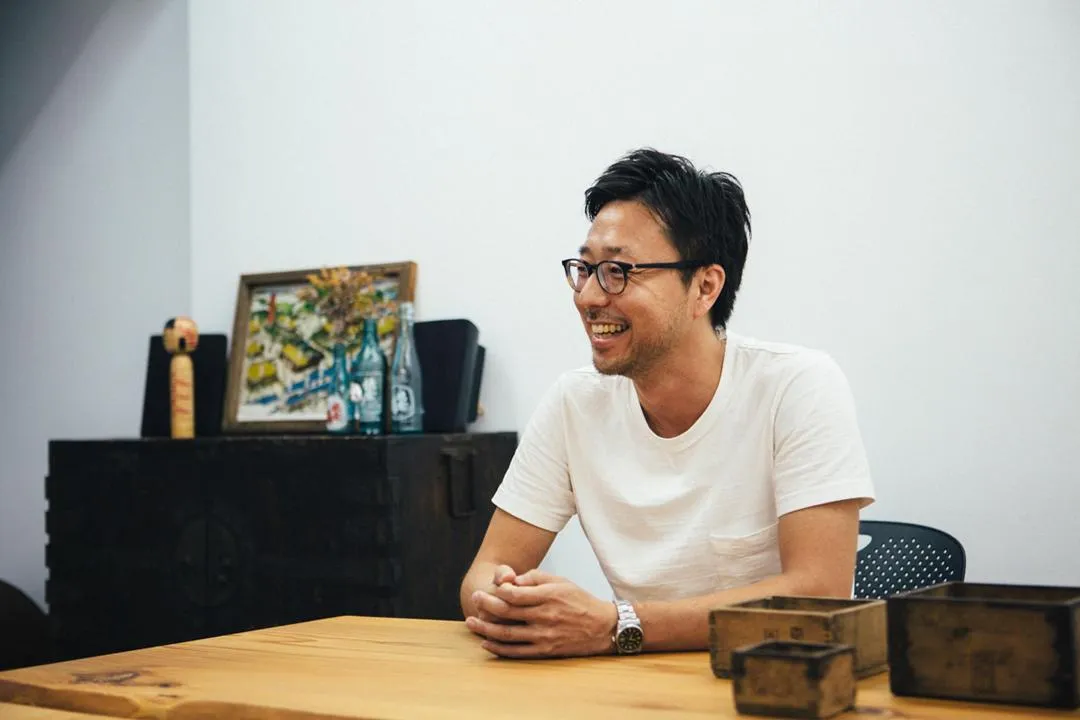
--Why did you choose Kuramae as the starting place for your work?
The company I worked for at the time was located in a office building district. There, excellent people shouldered the future of Japan, working day and night, but they lacked knowledge about healthy eating and relied on convenience store food. At first I thought of developing a company-oriented food delivery service while conducting food-related training. Searching for an appropriate place that fit my company motto, I discovered Kuramae.
At the time in 2009, Kuramae was a declining wholesale district filled with closed shops with rusting shutters - a lonely place where nobody would think of opening anything new. But I had a premonition that the Shitamachi downtown area would be in high demand going forward, for cultural reasons and that it would only become livelier, surrounded by popular spots like Akihabara, Nihonbashi, and Asakusa.
If you look it up, you'll find as the name implies, Kuramae was a location where there were many rice granaries during the Edo period. I was convinced that this would make a very good story for us as we advocate a brown rice diet. We started the restaurant here, sure that we had a special connection with this location.
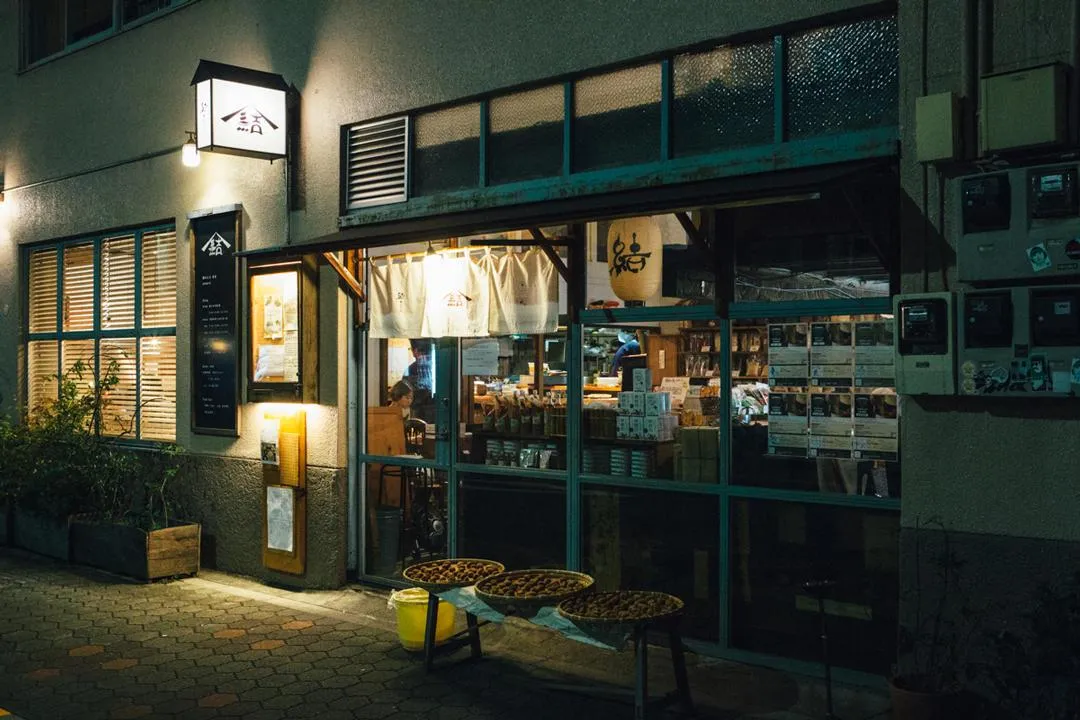
--This is truly a story that makes you sense a special connection.
At that time, I was connected with Masuko Unayama of SyuRo and Hideyoshi Nagoya of h concept, with whom I am still close with today. Then the stationery store, Kakimori joined us and our circle here grew larger and larger ... Coincidentally, both us and our next-door neighbor Nui Hostel Bar & Lounge opened within a one-month span. There is a patten of many customers eating at ours and then going to Nui for a coffee or drink. Connections are an interesting thing.
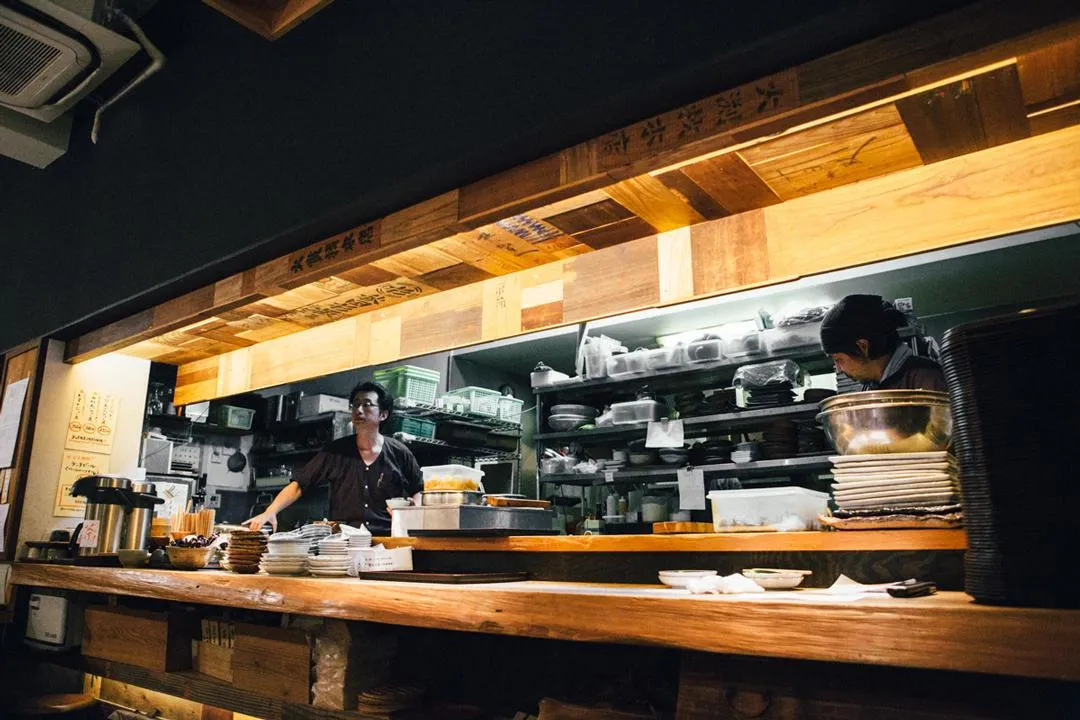
--From the restaurant's start to today, Kuramae has transformed into a lively place, just as you had predicted.
The number of outsiders visiting Kuramae has certainly increased. For example, a lot of people eat lunch at Yuwaeru and then drink coffee nearby, or shop for stationery and then come to eat at ours. There are many people who visit us on the way to somewhere else. Tourists visit our restaurant seeking food that is typical to Japanese people.
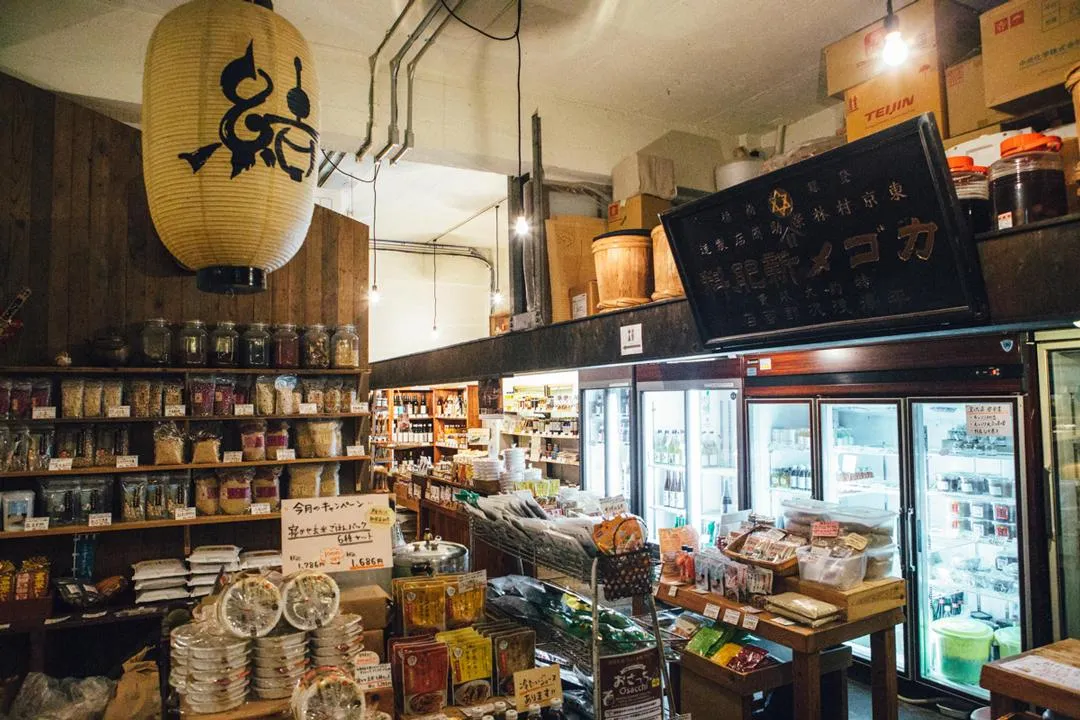
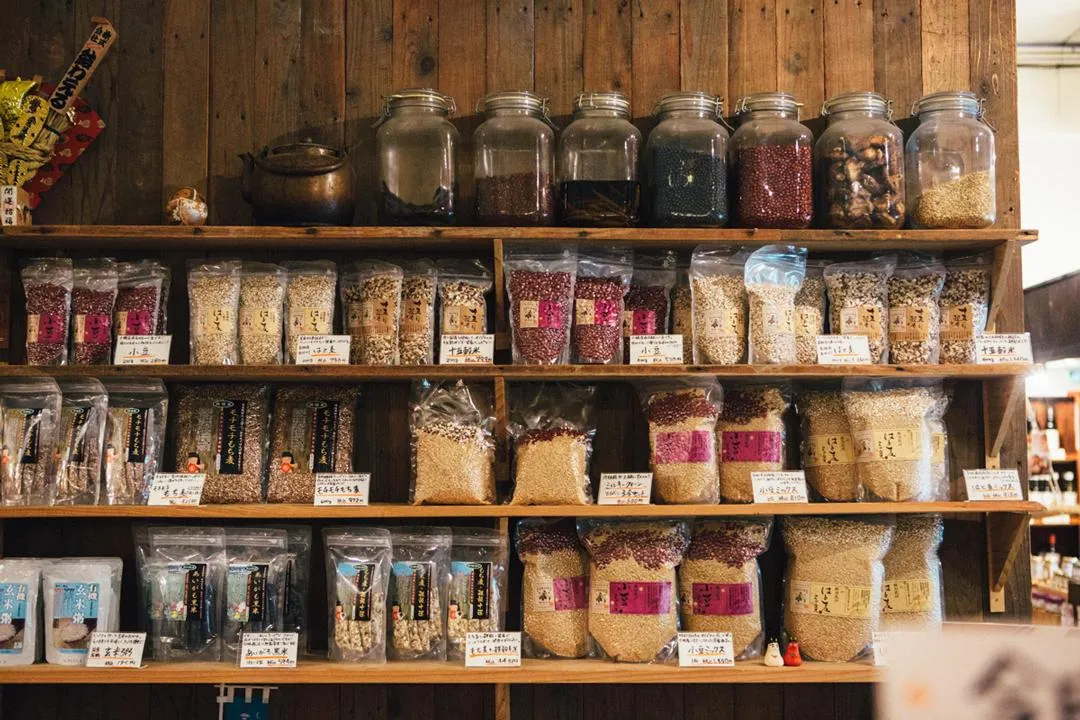
--What do you think are the characteristics of this area?
There are almost no people wearing suits, or so-called Japanese "salarymen" in this area. Rather, there seems to be many bearded men. It's hard to categorize people here, there's a sense of freedom here with many people choosing and going about their own path.
Our landlord is in his mid-eighties and lives on the floor above the restaurant in Kuramae, he goes up and down the stairs everyday, going drinking in Asakusa. He seems to enjoy doing what he wants, he's physically and mentally healthy, not weighed down by stress and the need to put up with anything. Even if you search all of Tokyo, it's quite rare to find such a good balance of people who are all doing their own thing. And everyone is friendly with each other, yet it's not uncomfortably close, it's very natural.
I think that the concept of "combining" healthiness and deliciousness with balance suits the character and lifestyle of this area. I believe that it is significant that the main location of Yuwaeru is in a place inhabited by those who value how they live their lives, arguably how all people should live their lives.
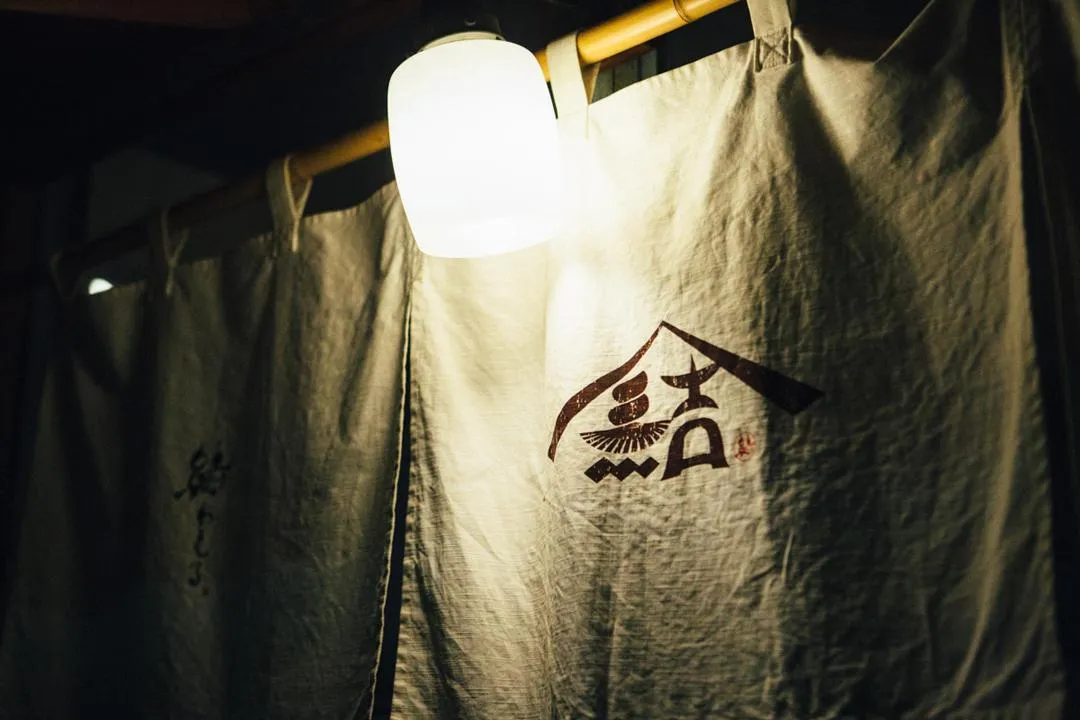
Profile
With the motto of "binding Japan's traditional lifestyle culture and the modern age," Yuwaeru's activities revolve around changing people's way of eating. Yuwaeru, the restaurant, was opened in 2009 in Kuramae to serve as a place to experience the "balanced Nekase Genmai brown rice lifestyle" that it advocates. Here, they serve brown rice set meals at lunchtime and seasonal dishes at night. The adjoining shop stocks a top selection of "locally-produced good foods without additives." They regularly hold workshops, including "How To Cook Nekase Genmai" and more involving miso, pickled ume plums, Japanese pickled vegetables, and calligraphy. In addition, it has developed six "Iroha" locations in Shibuya Hikarie, Nihonbashi Takashimaya, and more.
Yuwaeru Official Website: www.yuwaeru.co.jp/honten
2-14-14 Kuramae, Taito Ward, Tokyo
24 minutes walk / 9 minutes bicycle ride from NOHGA HOTEL UENO
〉See on Google Map
Nomura Real Estate Development Group
TOKYO
Other prefecture

